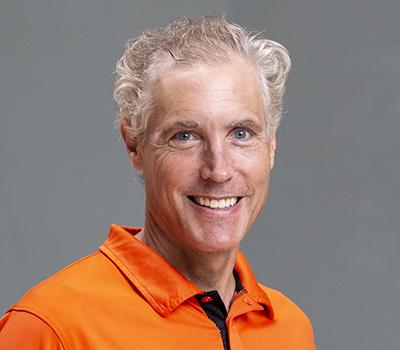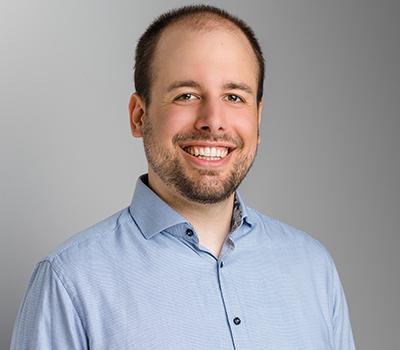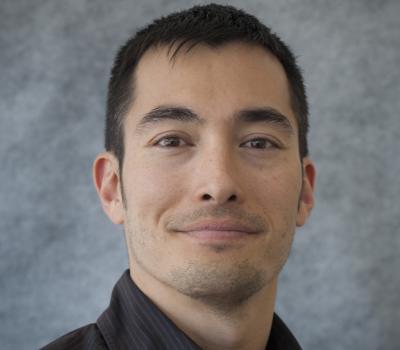Explore the Program
The Vertically Integrated Projects (VIP) Model for Experiential Learning creates long-term, large-scale projects.
Gain real project experience throughout your academic career. Gain experience in real-world project experience as early as year two. As a VIP contributor, you'll earn capstone course credits across multiple terms during your academic career.
Projects
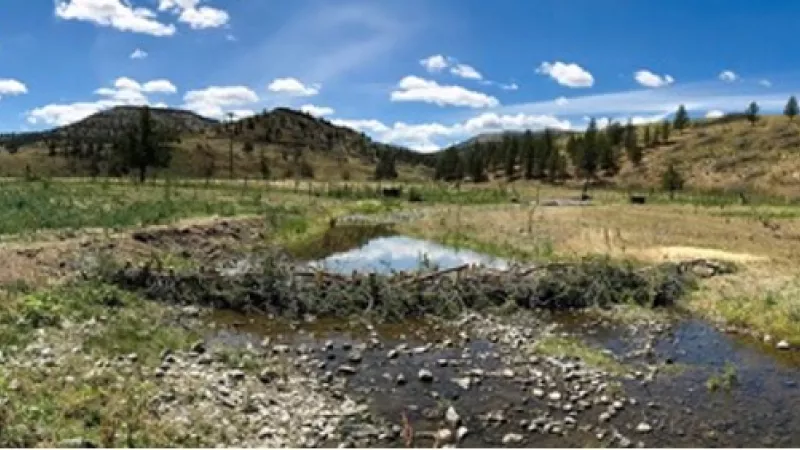
River restoration project tracking for artificial beaver dams. Rails, Postgres, PostGIS, JavaScript.

Creating, evaluating, and analyzing technology in the sport of speedgolf. SpeedScore is an ecosystem of apps running on Garmin, Android, Apple, and the web. MERN stack, MonkeyC, Java/Kotlin, Swift.
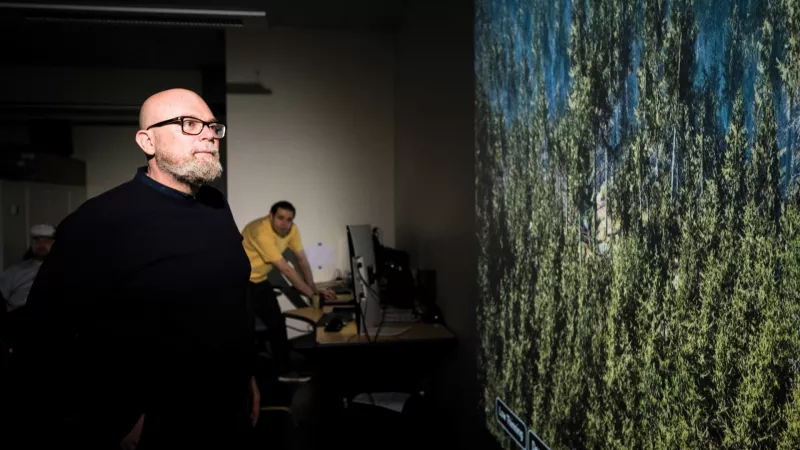
Large-scale image processing to stitch, stack, and create stencils from images of silicon chips. Python, OpenCV, Linux, HPC.
Find Your Interests
Explore the various topics VIP has to offer and work with project advisors, graduate students, and peers on long-term, large-scale projects that bring together research, education, innovation, and entrepreneurship. Operating like small start-up companies, teams meet regularly. Students should possess a willingness to learn and collaborate within their team.
Browse the groups, learn more about the projects, and apply to join a group.
Hundhausen VIP Group
Interested in Sports Data Analysis and Software Engineering Research? Chris Hundausen is the Associate Head for Online Education and the Director of Center for Research in Engineering Education Online. His group focuses on Speedgolf and software engineering education. See projects below.
Speedgolf Technology and Analytics Lab: Develop full stack software for Speedgolf athlete performance analysis. JavaScript, MERN stack, web, mobile
Design and evaluation of social learning environments, learning analytics environments, and pedagogical approaches.
Immler VIP group
Interested in large-scale image processing and solving problems that originate from the microelectronics domain? Vincent Immler is an assistant professor for hardware security and former subject matter expert for cryptanalysis. His group researches real-world problems to make microchips more secure. See projects below.
REcreate: A large-scale image processing software to stitch, stack, and creating stencils from image features. Python, OpenCV, Linux, HPC
Assistant professor for hardware security and former subject matter expert for cryptanalysis. His group researches real-world problems to make microchips more secure.
Bakos VIP Group
Interested in SaaS Software Startups and Graphics & UI Design? Yong Bakos is a veteran software engineer and senior instructor of computer science. His group focuses on startup product development for communities and the environment. See projects below.
Rhizome: An information-centric smart compositor and post-desktop shell. Linux graphics stack, Wayland, OpenGL
Stitch: A repair hub SaaS product connecting outdoor products companies to repair facilities to establish a repair economy. Rails, Postgres, Hotwire, Stimulus, Turbo
BDA Explorer: River restoration project tracking for artificial beaver dams. Rails, Postgres, PostGIS, JavaScript
FlexTime: A SaaS product providing advisory period scheduling for K12 educators and students. Rails, Postgres, JavaScript
Veteran software engineer and senior instructor of computer science. His group focuses on startup product development for communities and the environment.
FAQ
- What is a Vertically Integrated Project?
These are long-lasting projects that provide students real-world, hands-on experience over multiple terms and multiple years while enrolled at OSU. - What are the pre-requisites?
The VIP Program is currently a pilot, and is available to all Ecampus CS Post-bacc students who have completed CS 261. - How do I get started?
Use the "learn more and apply" links for each project group to begin your application. - Is this worth credits toward my CS degree?
Yes. Each term you work on a project, you earn credits that count toward fulfilling your CS 467 "Capstone" course requirement. - How many credits do I earn each term?
Students may choose to earn 1 or 2 credit hours per term for their VIP work. For example, a student taking 1 credit hour in the fall, 2 credit hours in the winter, and 1 credit hour in the spring would earn a total of four credit hours of VIP work. The student would not have to complete the CS 467 "capstone" course, and the VIP credits would fulfill the CS 467 course requirement. - What if I only take two or three credits of VIP? Will I still have to take CS 467?
We encourage students on the VIP path to commit to completing four credit hours. At this time, we cannot provide "partial" credit toward CS 467. Each student must complete four credit hours of VIP work in order to receive credit for CS 467. - What is the time commitment?
Each student can expect to work 3 hours per week per credit hour. For example, if you are enrolled for two credit hours during a single term, you would work six hours per week.
For Faculty: Propose a Project
If you have a large-scale project and are interested in growing your VIP team, please contact Yong Bakos via email (yong.bakos@oregonstate.edu).
For Advisors
The VIP Program is currently a pilot, avaialble only to online CS post-bac students and graduate students. During this time, we are enrolling students in variable-credit CS 499 Vertically Integrated Projects or CS 506 Projects courses during fall, winter and spring terms. Once a CS post-bacc student completes four credit hours of VIP, we should manually apply these credits as a substitute for CS 467. (During the pilot phase only.) Please contact Yong Bakos via email (yong.bakos@oregonstate.edu) with additional questions.
